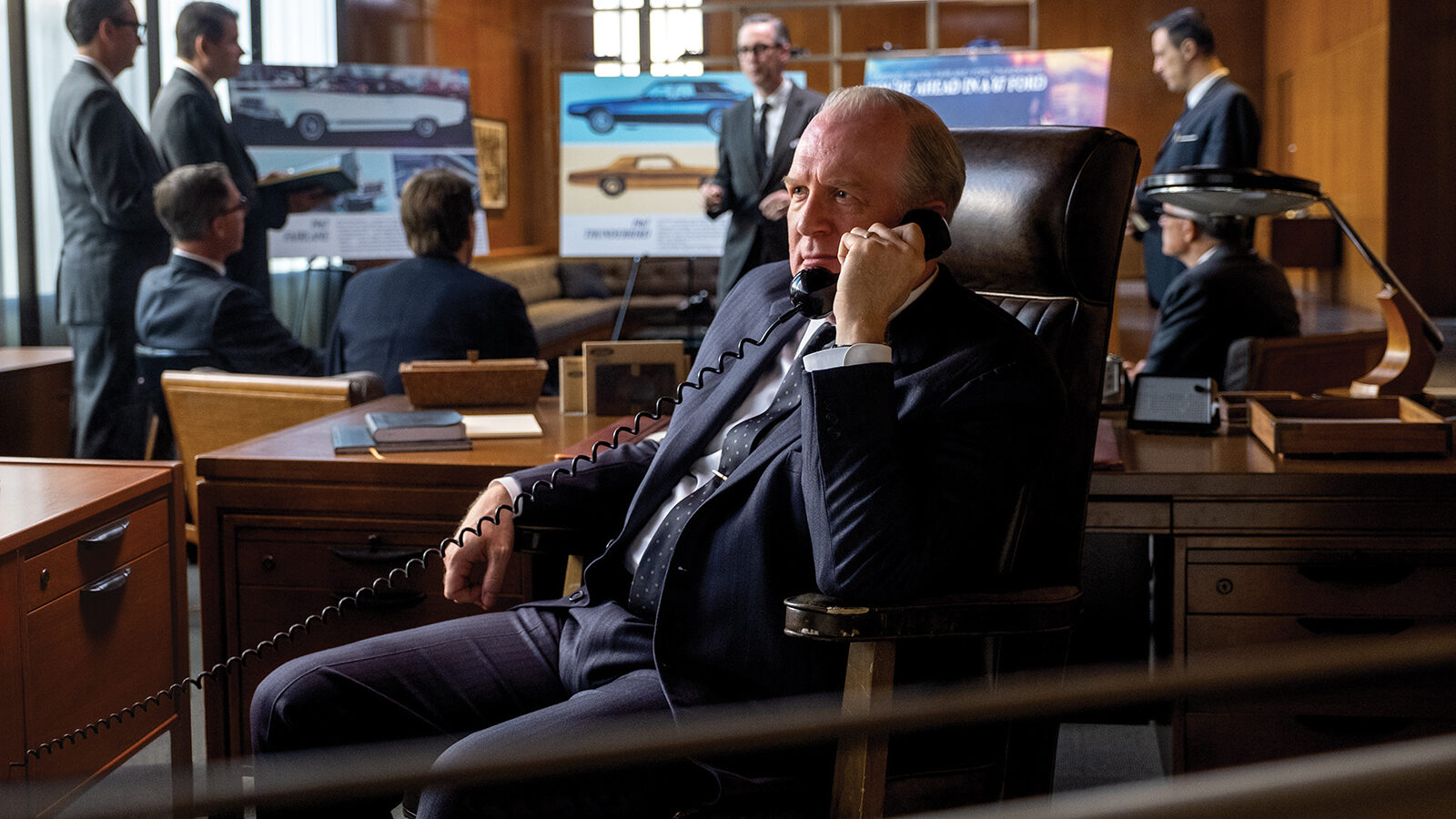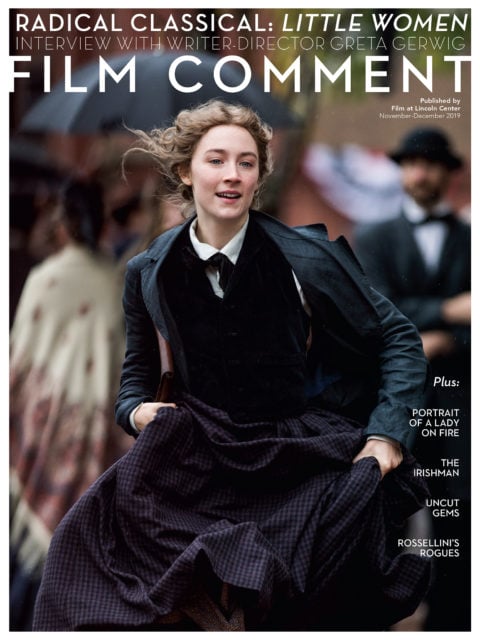
The Buck Stops Here: Tracy Letts
Tracy Letts appears in two films this fall: Ford v Ferrari, as automobile scion Henry Ford II, who’s pushing to build a better race car, and Greta Gerwig’s Little Women, as a book editor. Letts is also a Pulitzer Prize–winning playwright (August: Osage County) who has adapted three of his own works for the screen. I spoke with the master of playing what the Coen Brothers call “the Man Behind the Desk”—among other roles.

You play these establishment guys in a psychologically astute way that seems to come from having dealt with those types of people for years.
It’s interesting—my father was a university professor. He was very intelligent, and he was also a masculine presence. He’d been in the military, and yet he also had his own insecurities, his own flaws and foibles. He could be very intimidating when people would meet him, but he was actually a very gentle guy. I guess this is a long-winded way of saying I’m doing an impression of my dad, but shot through my own body and experience. It’s proven to be a very rich soil to work in. I’m really an old softie.
The character of Henry Ford II in Ford v Ferrari is well-written on a dialogue level, but there is a certain structural sameness to his scenes. How do you ward off the potential for redundancy?
That’s a good question. There is a certain sameness with some of those scenes, but there’s also a certain trust that the individual scenes function in slightly different ways. The truth is, in the real story, much of the impetus for the development of the car and entry into the race is Ford’s insecurities. The idea is that he has his feelings hurt by [Enzo] Ferrari and therefore tries to exact revenge, and it all comes from a deeply insecure place. That was real life, and that I knew there was a scene in the film in which I was going to portray that insecurity makes all those other scenes—it shows the lie. It’s one of the things that really attracts me to the piece. You look for the thing that makes it distinct.
Little Women seems to be a more warmhearted variation on the Man Behind the Desk.
Greta’s become a friend and important collaborator in my life, and I think she’s a fucking genius. And talk about adaptation! Here’s my ad- vice for anyone who wants their book adapted: go to Greta Gerwig, not me!
How do you think it differs from previous versions?
I think that she’s managed to both honor the original story and at the same time make it remarkably contemporary. It’s very much a piece that speaks to a moment in our lives right now. I think that’s just wondrous. I marvel at it.







